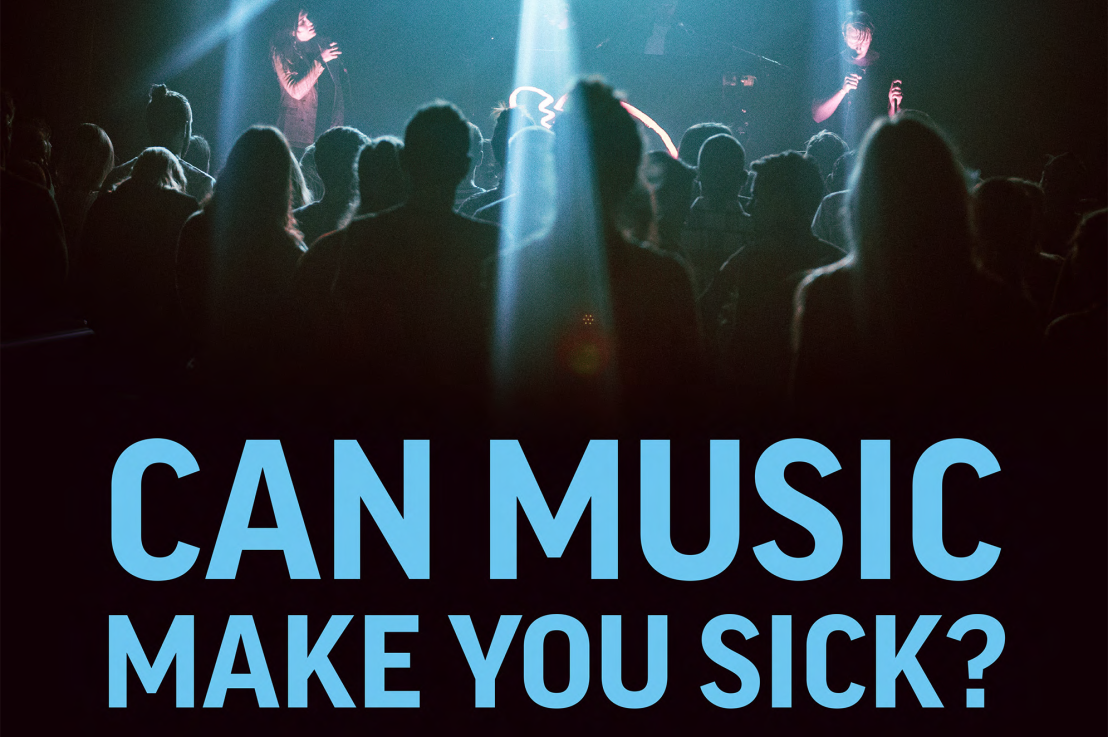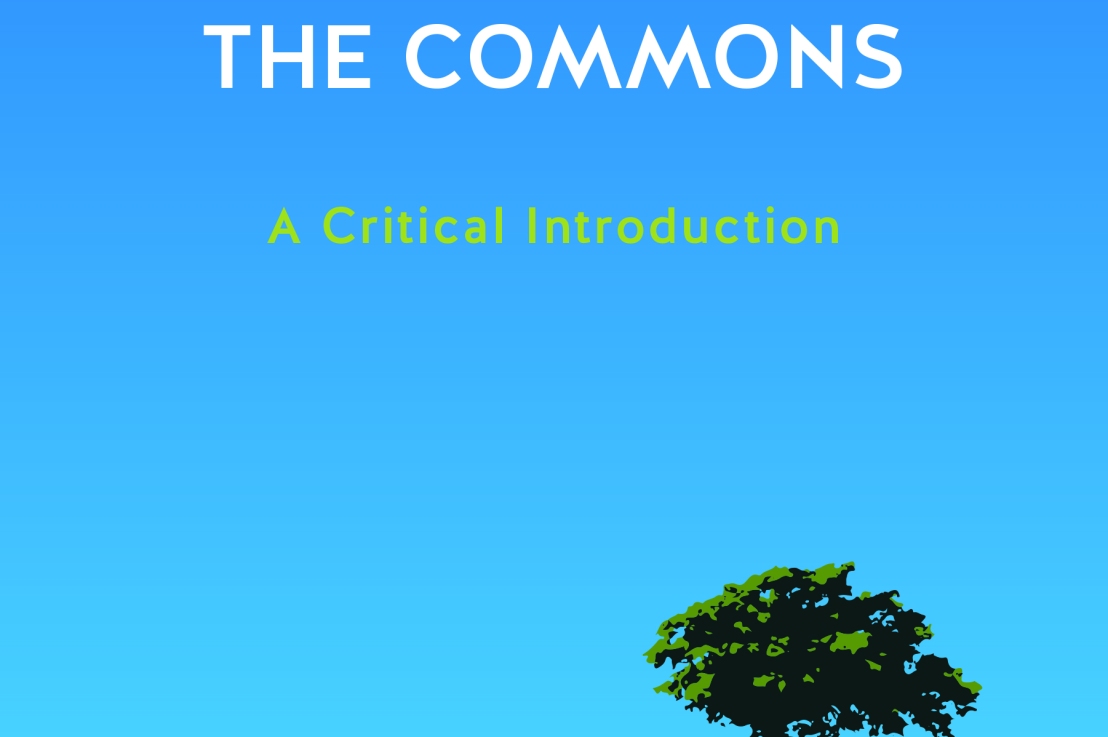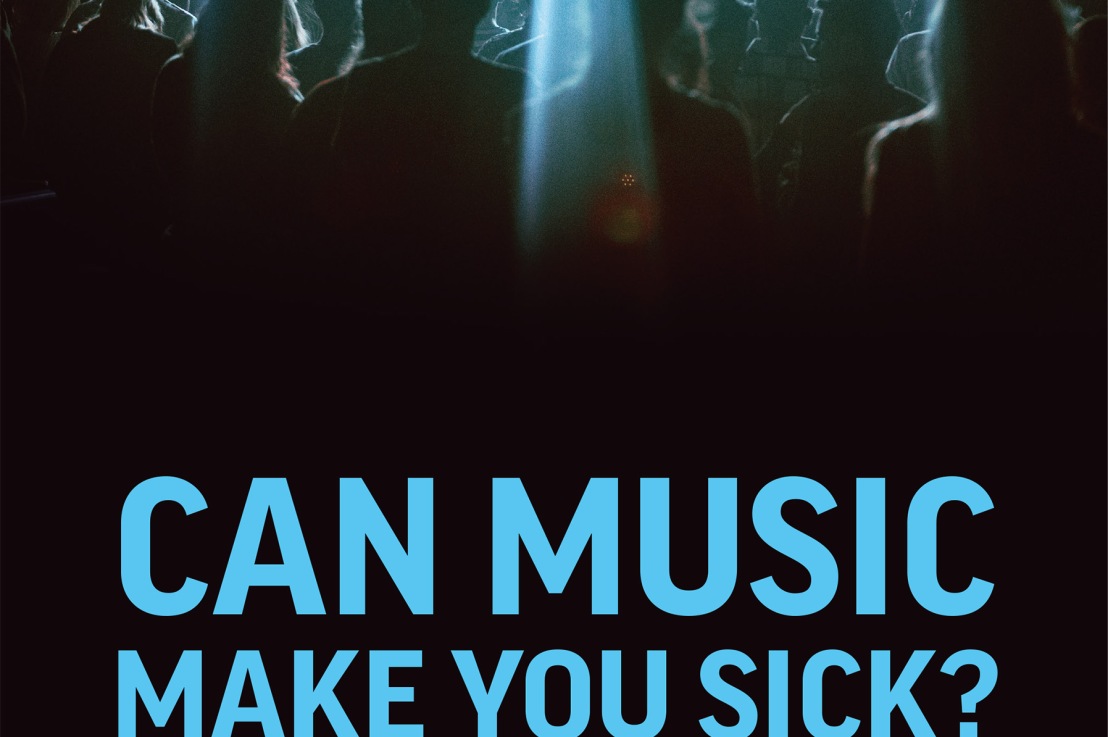UWP is pleased to announce that it will soon be publishing a new book exploring the role of contemporary AI and issues that need to be addressed concerning it. The volume will be edited by Pieter Verdegem of the University of Westminster. And it will be published open access in the series, Critical Digital and Social Media Studies edited by Christian Fuchs.
Description
We are entering a new era of technological determinism and solutionism in which governments and business actors are seeking data-driven change, assuming that AI is now inevitable and ubiquitous. But we have not even started asking the right questions, let alone developed an understanding of the consequences. Urgently needed is debate that asks and answers fundamental questions about power. This book brings together critical interrogations of what constitutes AI, its impact and its inequalities in order to offer an analysis of what it means for AI to deliver benefits for everyone.
The book is structured in three parts: Part 1, AI: Humans vs. Machines, presents critical perspectives on human-machine dualism. Part 2, Discourses and Myths about AI, excavates metaphors and policies to ask normative questions about what is ‘desirable’ AI and what conditions make this possible. Part 3, AI Power and Inequalities, discusses how the implementation of AI creates important challenges that urgently need to be addressed.
Bringing together scholars from diverse disciplinary backgrounds and regional contexts, this book offers a vital intervention on one of the most hyped concepts of our times.
Contents
- 1. Introduction: Why We Need Critical Perspectives on AI
Pieter Verdegem
Part 1: AI – Humans vs. Machines
2.Artificial Intelligence (AI): When Humans and Machines Might Have to Coexist
Andreas Kaplan
3. Digital Humanism: Epistemological, Ontological and Praxiological Foundations
Wolfgang Hofkirchner
4. An Alternative Rationalization of Creative AI by De-Familiarizing Creativity: Towards an Intelligibility of Its Own Terms
Jenna Ng
5. Post-Humanism, Mutual Aid
Dan McQuillan
Part 2: Discourses and Myths About AI
6. The Language Labyrinth: Constructive Critique on the Terminology Used in the AI Discourse
Rainer Rehak
7. AI Ethics Needs Good Data
Angela Daly, S. Kate Devitt and Monique Mann
8. The Social Reconfiguration of Artificial Intelligence: Utility and Feasibility
James Steinhoff
9. Creating the Technological Saviour: Discourses on AI in Europe and the Legitimation of Super Capitalism
Benedetta Brevini
10. AI Bugs and Failures: How and Why to Render AI-Algorithms More Human? Alkim Almila Akdag Salah
Part 3: AI Power and Inequalities
11. Primed Prediction: A Critical Examination of the Consequences of Exclusion of the Ontological Now in AI Protocol
Carrie O’Connell and Chad Van De Wiele
12. Algorithmic Logic in Digital Capitalism
Jernej A. Prodnik
13. Not Ready for Prime Time: Biometrics and Biopolitics in the (Un)Making of California’s Facial Recognition Ban
Asvatha Babu and Saif Shahin
14. Beyond Mechanical Turk: The Work of Brazilians on Global AI Platforms Rafael Grohmann and Willian Fernandes Araújo
15. Towards Data Justice Unionism? A Labour Perspective on AI Governance Lina Dencik
The Authors
Index
(Paperback): 978-1-914386-16-9 (PDF): 978-1-914386-13-8 (EPUB): 978-1-914386-14-5
ISBN (Kindle): 978-914386-15-2
DOI: 10.16997/book55





